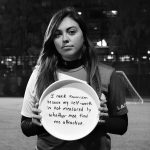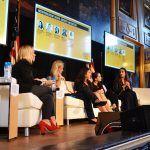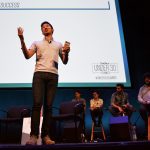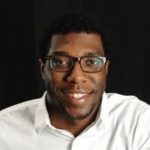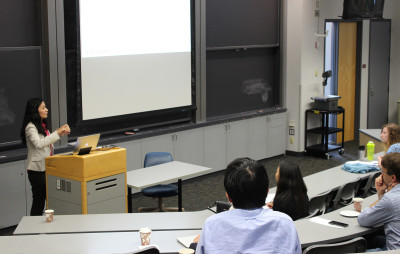
Revealing the latest on her research with mobile sensor networks, Wencen Wu, an engineering professor at Rensselaer Polytechnic Institute, presented a lecture at Boston University on Friday.
BU’s Center for Information and Systems Engineering organized the lecture as a part of their fall seminar series, in which the center invites distinguished guest speakers to visit the campus and educate the scientific community about the new and exciting work they’ve been doing. Approximately 30 people attended Wu’s lecture, most of whom were graduate students and faculty members of BU’s College of Engineering.
“The purpose of the talks is really to give graduate students the opportunity to hear from other people in their field of study and to promote faculty networking and liaisons between colleges,” said Denise Joseph, program manager of CISE.
CISE graduate students are required to attend at least one lecture during the semester, Joseph said, though all seminars are free and open to the public.
Over the course of her hour-long lecture, Wu explained that her research focuses on designing small, mobile robots that can be sent into hostile environments inaccessible to humans in order to gather vital information. The robots are sent into the field in small teams of around two and collect data from their surroundings instantaneously. This information is then processed and shared with the other robots in the team, which determines how they will re-coordinate their positions and advance their location in this unknown territory.
“They will need to move a lot in the field to get enough information before they can make the decision of which direction is the way to go,” Wu said, showing an example video of two model robots making several short, jolted movements on their way to the designated energy source — a beam of light.
The robots’ physical movements are not remote-controlled by an off-site technician, Wu said, but rather are the result of direct communication between robots themselves on a mobile sensor network. This communication between the robots was actually inspired by the interaction between animals, which, Wu said, has “a wide range of applications in engineering.”
She said she specifically focused on the behavior of schools of fish, comparing the need for scientists to determine the source of a pollutant in water after an oil spill to fishes’ tendency to “move collectively to find food.”
Wu concluded her lecture by stating that although this field of work does face certain challenges, such as the possibility of the unfamiliar terrain being too difficult for the robots to navigate or the environment interfering with the robots’ communication, she remained optimistic about the potential good her research could do in gathering invaluable information during environmental disasters.
Shuai Wang, a second-year doctoral student in ENG, said he enjoyed the lecture because it was related to his own research in bio-inspired sensors.
“The research is quite interesting,” he said, noting how unique it is that Wu’s work in the field involves multiple robotic agents instead of just one. “It was an eye-opening lecture. You never know when new information could be useful to your research.”
Seminars similar to Wu’s are helpful to students who haven’t chosen a specific area to focus on within systems, attendees said, because they offer fascinating information from top contributors in the academic field.
Sanjeev Kale, CEO of SKale Consulting, a web and database programming company based in Cambridge, said he attended the lecture because he is interested in the applications of robotics in helping with natural disaster relief.
“In the early stages of a natural disaster like an earthquake, it is very difficult to mobilize humans because it’s dangerous,” Kale said. “What Dr. Wu is working on, multiple robots with multiple sensors, could be very helpful in gathering information.”
Sean Andersson, a professor or mechanical engineering at ENG, was the faculty host of Wu’s lecture. After having studied with Wu as a doctoral student at the University of Maryland, Andersson thought Wu would be a prime lecturer for CISE’s seminar series and invited her to Boston.
“Her research intersects the interests of several faculty members here and so, by connection, to several students,” he said. “I think it’s really good for the graduate students because they get to hear what other people around the world are doing. For the faculty, it’s good too because we get new ideas and new people we want to collaborate with. And of course, it’s good for BU because people like Dr. Wu come in and see what BU is doing and hopefully go away impressed and tell their friends and colleagues about how wonderful BU is.”

